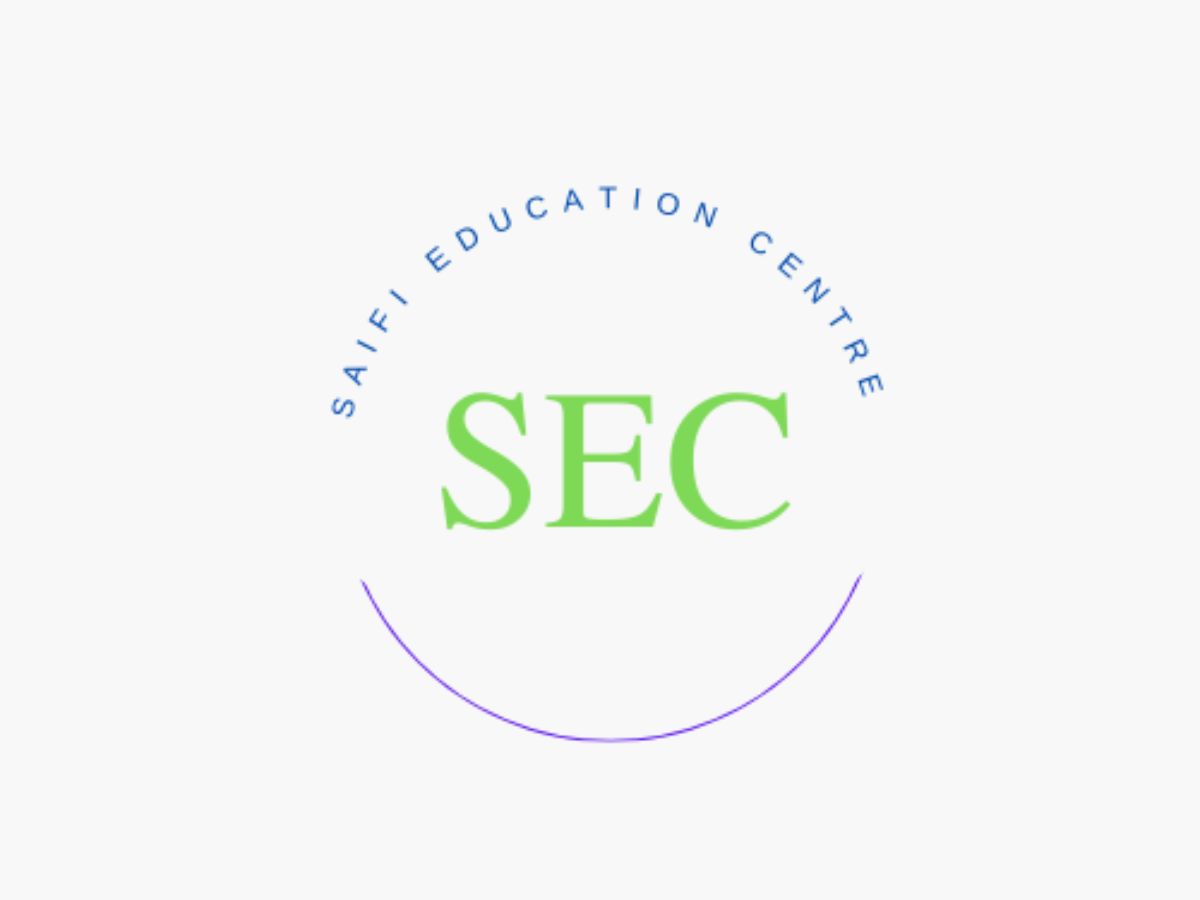Vladimir Putin: The Enigmatic Leader Shaping Russia's Destiny
Introduction :-
Vladimir Putin, the President of Russia, is one of the most prominent and influential figures in contemporary geopolitics. Known for his steely resolve, strategic acumen, and assertive leadership style, Putin has played a pivotal role in shaping Russia's trajectory on the world stage. In this blog, we delve into the enigmatic persona of Vladimir Putin, exploring his rise to power, governing philosophy, and enduring impact on Russia and the international community.
The Early Years :-
Vladimir Putin was born on October 7, 1952, in Leningrad (now Saint Petersburg), Russia. Raised in a modest household, Putin grew up amidst the tumultuous backdrop of the Soviet Union's post-war reconstruction. A studious and disciplined youth, he excelled academically and displayed a keen interest in martial arts, fostering a sense of discipline and determination that would shape his future leadership style.
Putin's early career was marked by service in the Soviet Union's intelligence agencies, including the KGB, where he rose through the ranks to become a seasoned operative with a reputation for efficiency and discretion. His experience in the shadowy world of espionage provided valuable insights into the workings of power and politics, laying the groundwork for his eventual ascent to the highest echelons of Russian leadership.
Rise to Power :-
Putin's meteoric rise to power began in 1999 when he was appointed Prime Minister of Russia by President Boris Yeltsin. In a matter of months, Putin's decisive leadership and strongman persona endeared him to the Russian public, positioning him as a formidable contender in the 2000 presidential election. Riding a wave of popular support and fueled by promises of stability and reform, Putin secured a landslide victory, heralding the dawn of a new era in Russian politics.
As President, Putin embarked on an ambitious agenda to modernize Russia's economy, strengthen its military capabilities, and assert its influence on the global stage. Under his leadership, Russia experienced a period of economic growth and geopolitical resurgence, reclaiming its status as a major player in international affairs after years of post-Soviet decline.
Governing Philosophy :-
Putin's governing philosophy is characterized by a blend of pragmatism, nationalism, and authoritarianism. He has championed a vision of Russia as a proud and sovereign nation, fiercely defending its interests and asserting its influence in key regions such as Eastern Europe, the Middle East, and Central Asia. Putin's approach to governance is marked by centralized control, strict adherence to law and order, and a preference for stability over liberal democracy.
Critics of Putin's regime accuse him of presiding over a system characterized by political repression, media censorship, and human rights abuses. The Kremlin's crackdown on dissenting voices, independent media, and opposition figures has drawn condemnation from international observers, who argue that Putin's grip on power stifles political pluralism and undermines democratic norms.
Global Impact :-
Putin's leadership has had a profound impact on the global stage, shaping the dynamics of international relations and challenging the liberal democratic order. Russia's assertive foreign policy, including its annexation of Crimea, intervention in Syria, and cyber warfare capabilities, has fueled tensions with the West and raised concerns about global security and stability.
Despite facing economic sanctions and diplomatic isolation from Western powers, Putin has cultivated strategic partnerships with other authoritarian regimes, including China and Iran, forging alliances based on shared interests and opposition to Western hegemony. Russia's resurgence as a global power under Putin's leadership has reshaped the geopolitical landscape, challenging established norms and alliances and ushering in a new era of great power competition.
Legacy and Future Challenges :-
As Vladimir Putin approaches two decades in power, questions loom about his long-term legacy and the future of Russia under his rule. While he enjoys broad support among the Russian populace, Putin faces mounting challenges on multiple fronts, including economic stagnation, demographic decline, and growing dissatisfaction with corruption and inequality.
The Kremlin's response to domestic unrest and external pressure will shape Russia's trajectory in the years to come, as Putin navigates the delicate balance between preserving stability and addressing the aspirations of a changing society. As Russia grapples with the complexities of modernization and globalization, the legacy of Vladimir Putin's leadership will be defined by his ability to adapt to evolving challenges and secure Russia's place in an increasingly interconnected world.
Conclusion :-
Vladimir Putin's leadership has left an indelible mark on Russia and the global community, shaping the course of history in profound and often unpredictable ways. As a towering figure on the world stage, Putin embodies the complexities and contradictions of power, wielding influence with a blend of charisma, cunning, and conviction. As Russia charts its course in the 21st century, the legacy of Vladimir Putin will endure as a defining chapter in the nation's storied history, leaving a lasting imprint on the fate of nations and the future of international relations.

